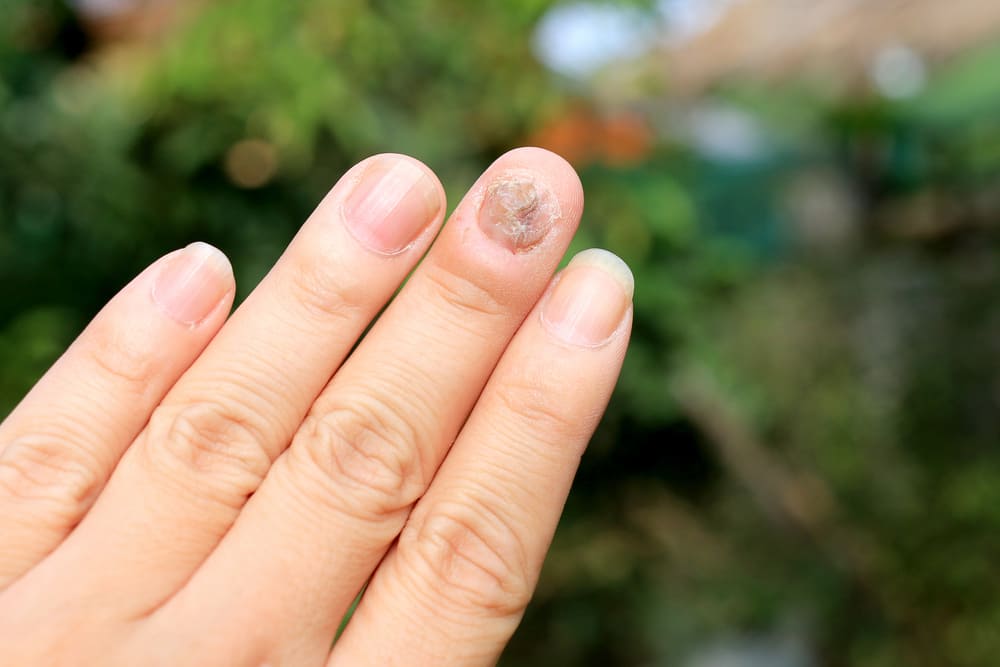Contents:
- Medical Video: Menopause - Symptoms and tips
- 1. Diabetes
- 2. Autoimmune conditions
- 3. Joint pain
- 4. Hepatitis C
- 5. Urinary Tract Infection (UTI)
- 6. Heart and blood vessel disease
- 7. Vaginal atrophy
- 8. Urinary incontinence
- 9. Gum disease
Medical Video: Menopause - Symptoms and tips
Post-menopause is the most difficult time for women. Why? Because there are many diseases that are "waiting" for you to arrive at menopause, due to reduced estrogen, a hormone that is very important for women, especially in reproduction.
"Estrogen protects a number of systems in the body, such as the brain, skin, vagina, bones and heart," explains Michelle Warren, MD., Health director of the Center for Menopause, Hormonal Disorders and Women's Health in New York. "When you dispose of estrogen, there will be deep aging in their entire system, especially the liver and bones."
Unfortunately, there are many women who don't pay attention to it and even ignore it. To find out what diseases can occur in postmenopausal women, let's look below.
1. Diabetes
"Low estrogens can increase insulin resistance and trigger the desire for snacking which causes weight gain, making it more likely to suffer from diabetes," Warren said. You will be more prone to diabetes if you already have hereditary factors for diabetes, history Polycystic ovary syndrome (which is associated with insulin resistance), gestational diabetes, or overweight. The American Diabetes Association recommends that women take regular health tests every 3 years, starting at 45 years of age, especially if you are overweight.
2. Autoimmune conditions
Women are more likely to suffer from autoimmune disorders than men, and menopausal women are very susceptible to these conditions. The risk of developing autoimmune diseases such as lupus, rheumatoid arthritis, Graves' disease, scleroderma, and thyroiditis increases after menopause, according to a study in the Expert Review of Obstetrics and Gynecology journal, although the reasons are unclear.
Although experts don't know for sure why, recent research has focused on a subset of immune cells that pump out antibodies, and bind and attack body tissues. The result, according to a 2011 study, has found higher levels in female mice and in people with autoimmune diseases.
3. Joint pain
According to the North American Menopause Society, stiff and achy joints will occur with aging, but these complaints tend to be experienced by postmenopausal people. Inflammation caused by hormonal changes can be the cause. "Estrogen has an anti-inflammatory effect, so when the body lacks estrogen, there is a greater inflammatory response," Warren said. The relationship between estrogen and inflammation has been stated in the study, so hormone replacement therapy can relieve joint pain.
4. Hepatitis C
Researchers from Montefiore Medical Center and Albert Einstein College of Medicine in New York, found that women who contracted persistent hepatitis C (which lasted 6 months or more), were postmenopausal women. Experts suspect that estrogen can protect the body from liver damage that can cause chronic viral entry, so if we lose estrogen we will lose that protection, and the virus can do more damage.
5. Urinary Tract Infection (UTI)
Estrogen plays a considerable role in the bladder system, by maintaining tissue elasticity and strengthening the cells of the bladder wall to prevent bacteria from coming out. So, when estrogen decreases, you may be able to experience certain urinary symptoms, including a higher risk of UTI. A 2013 study from Washington University School of Medicine, confirmed that UTI was more common after menopause, with ¼ women experiencing recurrent infections.
6. Heart and blood vessel disease
When estrogen levels decrease, the risk of developing heart disease will increase. Heart disease is the leading cause of death in women and men. So it's important to get regular exercise, eat healthy food, and maintain a normal weight.
7. Vaginal atrophy
Without estrogen, you can experience thinning, drying, and inflammation in the vaginal wall, or referred to as vaginal atrophy. Symptoms that occur including the vagina feel hot, itchy, and sex is painful, plus the urgency of urinating and urinating feels painful.
8. Urinary incontinence
When vaginal and urethral tissue loses elasticity, you may often experience a strong urge to urinate suddenly. This is usually followed by uncontrolled urine discharge (urinary incontinence), or urine discharge when coughing, laughing or lifting something (stress incontinence).
9. Gum disease
Because estrogen levels decline for a decade after menopause, women tend to lose bones, including their teeth. It can be at high risk for severe gum disease, and can lose teeth if left untreated. According to the study, lower estrogen levels can cause inflammatory changes in the body which can cause inflammation of the gums, an initial state of gum disease.
READ ALSO
- 6 Facts You Need to Know About Menopause
- Why Can A Woman Have Early Menopause?
- 5 Tips to Make Menopause Feel Easier












